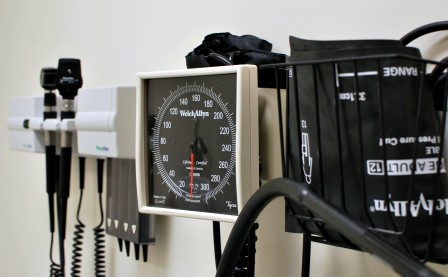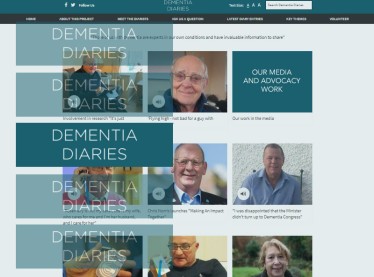The report of the Commission on Music and Dementia (2018) highlighted the need to recognise the importance of musical diversity in dementia and that musical preferences vary by culture. However, there has been little research undertaken into music and culture in dementia (Brummel-Smith, 2012). The CMD highlighted that music therapists are trained to work across cultures and to draw on a range of musical styles (2018). Using music might involve identifying appropriate music for key cultural and religious events (e.g. Chinese New Year or the Jewish Hanukkah celebration). Enjoying music in a group is an alternative to conversation (especially when this becomes difficult in dementia) and helps promote interaction and a sense of togetherness (e.g. Hays & Minichiello, 2005).
Culturally-specific music interventions, which link a person’s own life with key historical and cultural events, can bring pleasure to the person and contribute to their emotional and spiritual wellbeing. Our musical memory is distinctive from our other memory systems and can be preserved even when other aspects of memory are affected (Jacobsen et al, 2015). Similarly, as individual music preferences can be preserved in dementia (McDermott et al, 2014), very familiar songs may be remembered when other memories of past lives are forgotten (Jacobsen et al, 2015). Indeed, the famous American singer Glen Campbell (now deceased) was still performing live despite developing Alzheimer’s.
As music is linked to one’s personal identity and life history so using music can help to connect the person with her/his past life and sense of self (McDermott et al, 2014). Using music therapy which reflects the cultural identity of people with dementia may be more effective than music therapy which uses more generic music (Tanaka et al, 2012). Music can improve the mood of a person with dementia and their interest in their surroundings e.g. when living in a care home (ibid). Music for Life is a project (run by Wigmore Hall) which involves musicians working with residents with dementia in care homes to enable them to express themselves by making music – watch the video below to find out more about their work.
This case study about Emma illustrates how music-making helped to improve her depression (Music for Life website, 2018).
Another case study about Angela shows how music therapy, especially playing gospel music to her, improved her social involvement and mood (page 15 of Music for Life report 2016).
Music can also help to build emotional and social bonds with people with dementia and facilitate communication with them (McDermott et al, 2014). Using familiar music can be emotionally meaningful even for people who are in the late stages of dementia (McDermott et al, 2014). Most importantly, music can give people with dementia a voice when they find talking difficult or communicate via alternative means (e.g. via vocalisations such as shouting or their behaviour). The Social Care Institute for Excellence has produced guidance re the importance of music in care homes. As SCIE points out, “even if people with dementia can’t talk, they may be able to sing, whistle, clap or tap their feet” (ibid: page 1). Most importantly, though, making music is fun!








Rate and Review
Rate this article
Review this article
Log into OpenLearn to leave reviews and join in the conversation.
Article reviews